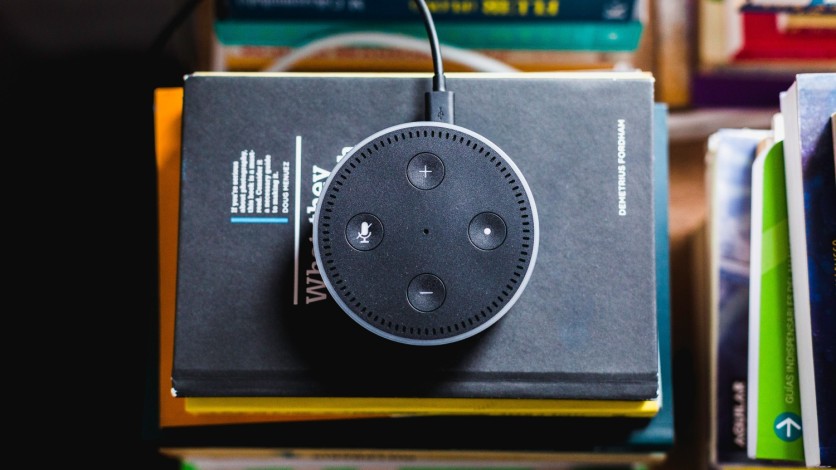
You want all the devices in your private home to be secure. For the ones that hook up with the net and have the potential to focus on your conversations, you need a little greater security.
We're talking about smart speakers, which is also prone to hijacking, according to IT experts. The intelligent audio system can be exceedingly useful, but also a massive liability for you and your loved ones.
Thankfully, there are actions you may take to make your smart audio system much more secure. Here's how to ensure hackers can't make their way into your tech and your own home.
Mute the mic
The microphone for your smart speaker remains to pay attention to the trigger words that let you use the device. This approach to your audio system is continually listening.
Of course, the devices aren't imagined to be listening for anything except the trigger phrases. But it's this Google Assistant's feature that results in a lot of jokes and accusations or businesses spying on you through the smart audio system.
So what can you do about it? You can mute your speaker's microphone. Just don't forget to unmute the microphone later while you want to use the speaker again.
Never miss deleting recordings
The smart audio system documents your conversations. Ostensibly, this is to send records returned to its developer so the developer can enhance its functionality, but it's still a privacy violation.
Fortunately, you can delete those recordings. Not most effective that you can set your Amazon Echo to regularly delete those recordings so that you never forget about to do it. Your device may not recollect your choices as well if you delete records, but it's worth your safety.
ALSO READ: [Video] How Hackers Abuse Siri and Google Assistants by Using Inaudible Voice Commands
Turn off voice purchasing
Your smart speaker, with Alexa's help, lets you add items to a purchasing cart and enables you to make purchases through voice commands. This makes shopping easy, but it also method your smart speakers are connected for your credit score and debit cards.
Anyone, including kids, could make purchases through your smart speaker if they know what to say.
To better shield your budget and save you impulse purchases from humans to your household, it's first-rate to maintain voice buying turned off in your smart speakers.
You also can set a confirmation code to your smart gadgets to preserve shopping to only you or your spouse, and turn off buying on only one Google Home or Nest speaker. But turning it off altogether is advised to maintain your budget safer.
ALSO READ: [WARNING] Buying Items Online May Transfer Coronavirus From China? Amazon Takes Immediate Action
Think earlier than you connect devices
Smart speakers can hook up with other intelligent devices in your private home. This can be fun and might make things easier, but it can also render devices simpler for hackers to access.
Your smart locks can be unlocked through voice command in case you join them for your smart speaker, meaning this can cause lockouts from roommates, kids, or strangers.
Smart security digicam footage may also be accessed through your less-secure speaker if a hacker has trouble having access to your digital camera.
Connecting all of your smart devices doesn't benefit you. If you're not snug with an outsider, the usage of one of your smart devices, you shouldn't connect it for your smart speaker.
Make sure your own home internet is secure
The very last step to maintaining your bright speakers secure is keeping your router safe. Smart speakers need to hook up with Wi-Fi to work, however in case you're on an insecure community, and your smart speaker will be hacked or damaged.
The mystery to protecting your home community is keeping your router's software updated and placing a strong admin password.
![Apple Watch Series 10 [GPS 42mm]](https://d.techtimes.com/en/full/453899/apple-watch-series-10-gps-42mm.jpg?w=184&h=103&f=9fb3c2ea2db928c663d1d2eadbcb3e52)



